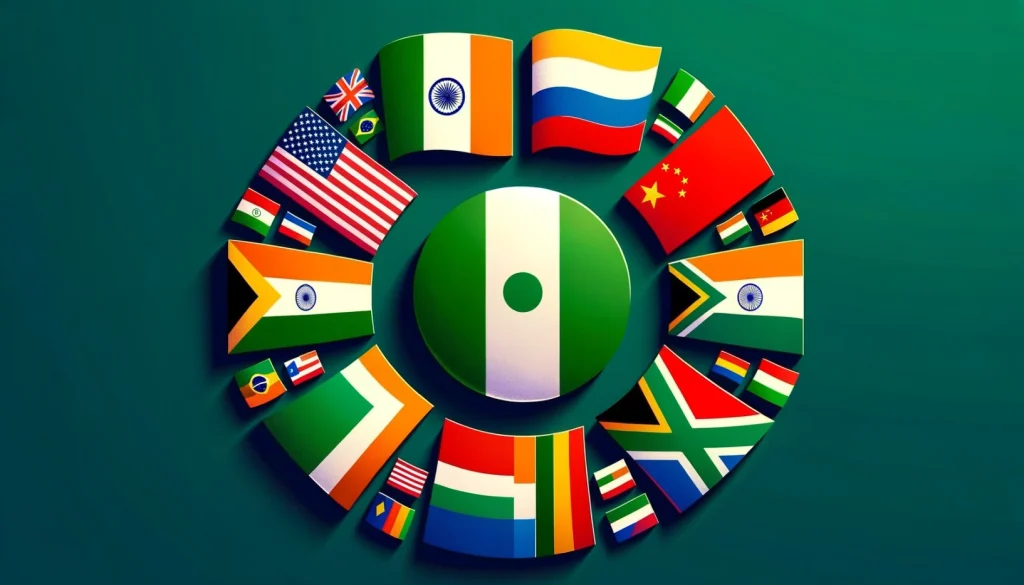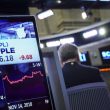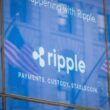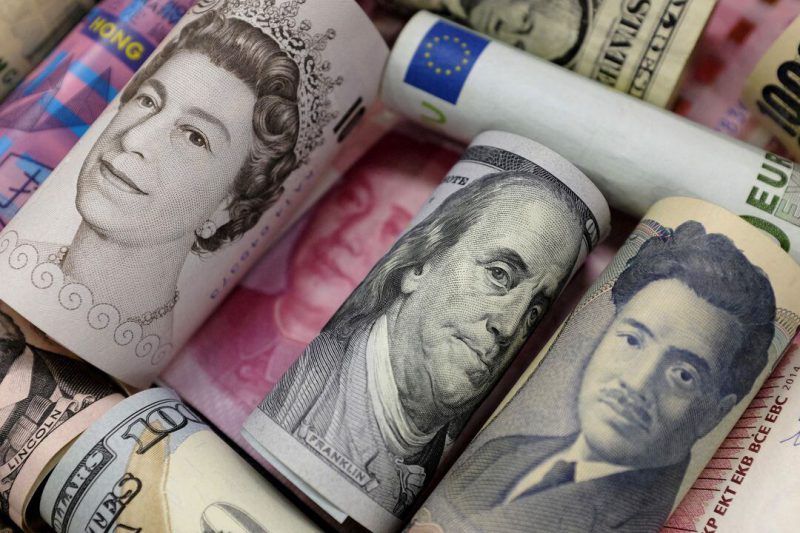In 2024, BRICS’ mission to ditch the US dollar lives on, with multiple new nations expected to join the bloc as well as more support for de-dollarization globally. While there is still a lot of work to do for BRICS to achieve that, their New Development Bank, AKA BRICS bank, has made strides against the US dollar.
Led by former Brazilian president Dilma Roussef, the Shanghai-based group lends to infrastructure projects on behalf of BRICS. Typically, the BRICS bank looks to help emerging economies which need boosts in finance. In turn, this disburses cash to those local countries who support BRICS, not the West.
Also Read: BRICS: JP Morgan Issues Major Warning About US Economy

Following Russia’s invasion of Ukraine, the BRICS bank suffered from failing to comply with Western sanction, due to Russia’s involvement with the project. Hence, the other major Bejing-backed financial institution, the Asian Infrastructure Investment Bank, is at a major advantage. That combined with uncompetitive rates has caused the BRICS Bank NBD to struggle.
On the other hand, the expansion of BRICS looks to help the NDB rebound, particularly with the addition of Saudi Arabia and the UAE. These two nations will provide an influx of funding for the BRICS bank, hopefully aiding infrastructure projects. Furthermore, the NDB does well in creating long-term loans in developing nations’ local currencies instead of the US dollar. Since these pipelines of transaction aren’t subject to US sanctions, this helps push BRICS’ long-term mission of ditching the US dollar.
Also Read: CNBC Expects Spot Bitcoin ETF Approvals Wednesday
BRICS’ de-dollarization mission still has plenty of work to go. However, the boost in funding for the BRICS bank will reduce the leverage that the West and US dollar have over the bloc.





